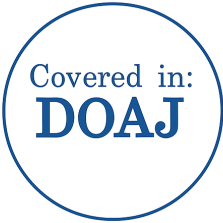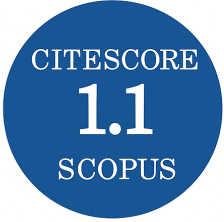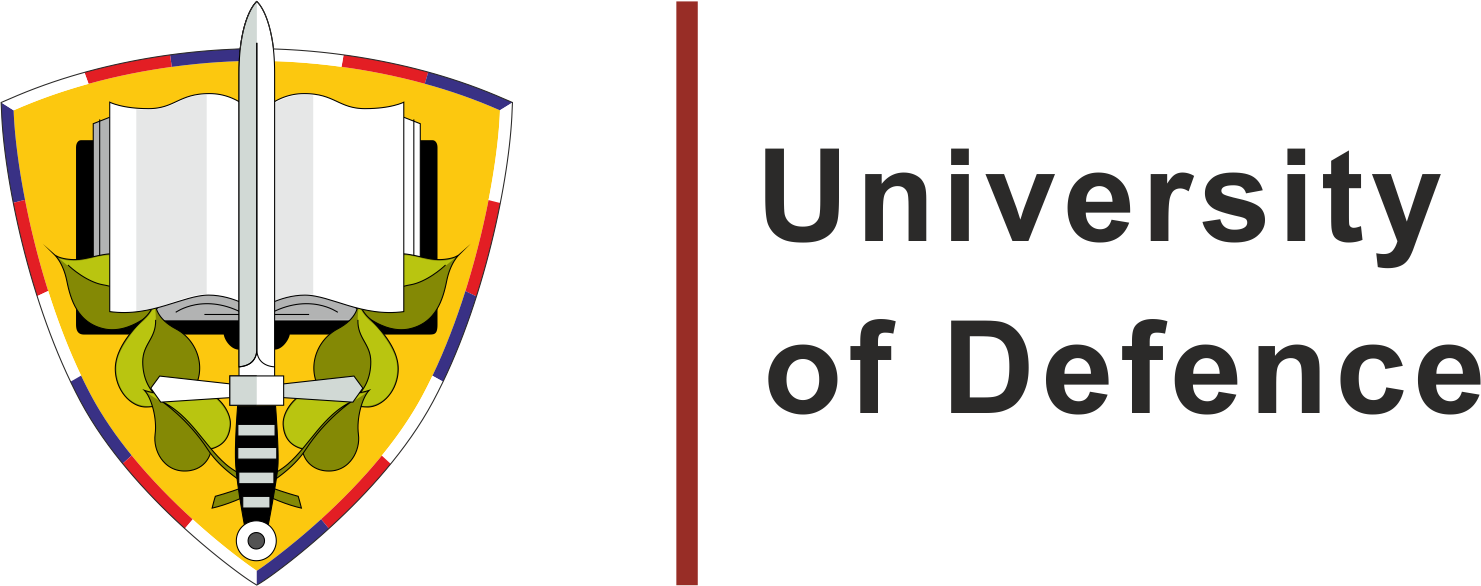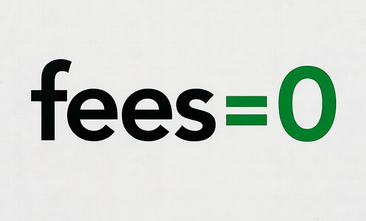Technical Supervision of Investor-KFOR Mission Lesson Learned
Keywords:
technical supervision of investor, technical supervisor of investor (TSI) KFOR mission, designer authorial supervision, government building control, regular inspector, private local companyAbstract
The article is focused on the technical supervision of the investor based on KFOR (Kosovo Force) mission lesson learned. Private local construction companies do the majority of constructional works during KFOR mission. In peace time, there is no difference between the content of work of the technical supervision of investor in the Czech Republic and on the mission in Kosovo. The main part of the article describes the supervision of constructional site with focus on the technical supervision of investor. The technical supervision of investor is the main part of the building process. He/she protects investor’s interests. There is no doubt that the careful technical supervision of investor may save financial resources and improve quality of building works. Contracted private local construction companies have had experiences with working for EU investors mainly in Germany and Austria. Regardless of their experience, the ignorance of basic knowledge of technical standards was a huge problem.
References
Downloads
Published
Issue
Section
License

This work is licensed under a Creative Commons Attribution-NonCommercial 4.0 International License.
Authors who publish with this journal agree to the following terms:
1. Authors retain copyright and grant the journal right of first publication with the work simultaneously licensed under a Creative Commons Attribution License that allows others to share the work with an acknowledgement of the work's authorship and initial publication in this journal.
2. Authors are able to enter into separate, additional contractual arrangements for the non-exclusive distribution of the journal's published version of the work (e.g., post it to an institutional repository or publish it in a book), with an acknowledgement of its initial publication in this journal.
3. Authors are permitted and encouraged to post their work online (e.g., in institutional repositories or on their website) prior to and during the submission process, as it can lead to productive exchanges, as well as earlier and greater citation of published work.
Users can use, reuse and build upon the material published in the journal for any purpose, even commercially.






